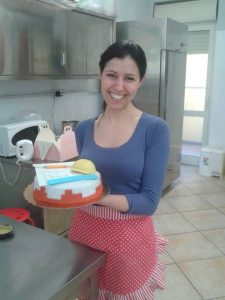by Katie Stripe, Senior Learning Designer
For Disability History Month in 2025, ICT’s Digital Accessibility Officer, Bouquette Kabatape joined forces with me (Katie Stripe, Senior Learning Designer) and industry expert Susi Miller to deliver a webinar on accessible learning content for the Imperial community.
Susi is an accomplished speaker and educator who specialises in e-Learning accessibility. Her award-winning company eLaHub offers training, auditing, and consultancy to help those delivering education improve their content and understand the impact of making learning content accessible and inclusive as standard. She mentions her awards to highlight that applying and receiving these awards is part of a business strategy to help mainstream and legitimise the work they do. I would like to see this kind of strategy adopted more to support and reward those working in education. Day-to-day teaching innovation can often get lost in such a large institution and we need to be intentional about finding and rewarding teaching excellence.
At the webinar, we were joined by over 50 colleagues and I hope that hearing Susi speak inspired the audience into thinking more broadly about accessibility and inclusion in education.
Persistent myths
In addressing persistent myths, this webinar raised some key barriers that can be faced by those promoting accessible education, e.g. making education accessible can somehow detract from the overall learning experience. Through practical examples and clear commentary, Susi showed the audience that this is fundamentally untrue. Clear, accessible, and inclusive content benefits everyone.
From my own perspective which forefronts inclusion (not accessibility) in education it was heartening to hear Susi push the idea that you can’t have one without the other. Use of language and appropriate imagery is as important to Susi’s definition of accessibility as meeting the technical elements is to my definition of inclusion. One beautiful example, which I had not considered, was changing the language of buttons from ‘click’ to ‘select’ to include users that do not use a mouse.
Accessibility and the law
The webinar also brought the legal requirements of accessibility to the forefront of the conversation. It was an important reminder that Imperial, as an educational institution not only has an ethical and moral obligation to provide accessible content, but a legal one. This was shared to help the audience understand that the legal implications’ core frameworks and guidance can help individuals and institutions improve the way they deliver content.
From my own research, I know that educators feel relatively comfortable with the legislation but less comfortable actually delivering content that meets the needs of all students. Susi shared a range of resources from the Custom CGPT alternative text assistant, which helps users add alternative text to complex diagrams, to the HMRC’s Virtual Empathy Hub which shows how people with different accessibility needs can be affected by poor content and how that content can be improved.
Personae
Both Susi and I use personae in our work, and the Imperial Inclusive Personae is a resource available for the whole Imperial community to develop. These characters are particularly useful for exploring the impact of different elements of accessibility and inclusion on the student body and a way of controlling the visual elements of diversity in our delivery which, as Susi describes is extremely important for inclusive, accessible educational content.
Susi ended her session by linking accessibility to our Imperial Values in a way that resonated with me and I hope with others.
Final reflections
Accessibility is providing an excellent learning experience that shows respect for learners. This can be achieved through collaboration with people internal and external to the institution and innovating in the way we deliver education, but most importantly having the personal integrity to understand that this work can be challenging and that it is ok to ask for help.
Perhaps the most inspiring and influential quote from Susi’s session was that we should strive for progress, not perfection. Mistakes will be made, but that is how we learn and develop, and as a community of educators we can share that burden, collaborate, innovate, and create content that is inclusive of and designed for all our students.
While approaches can be different, we all have the same ultimate goal, which is to make excellent education for all students.
Further information
Digital accessibility training course
Contact accessibility@imperial.ac.uk if you need to discuss the accessibility of a digital product or service you manage or own.
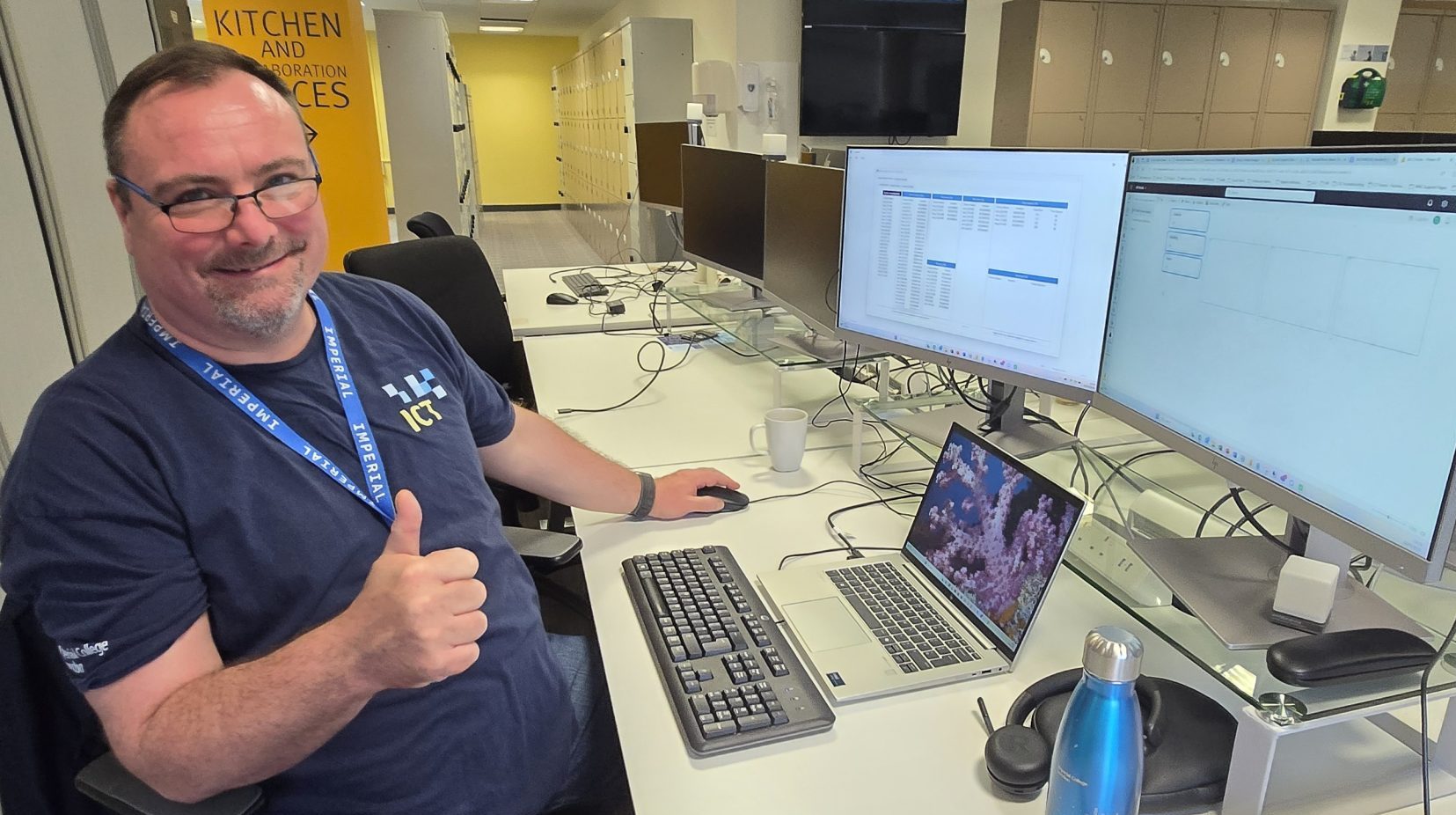




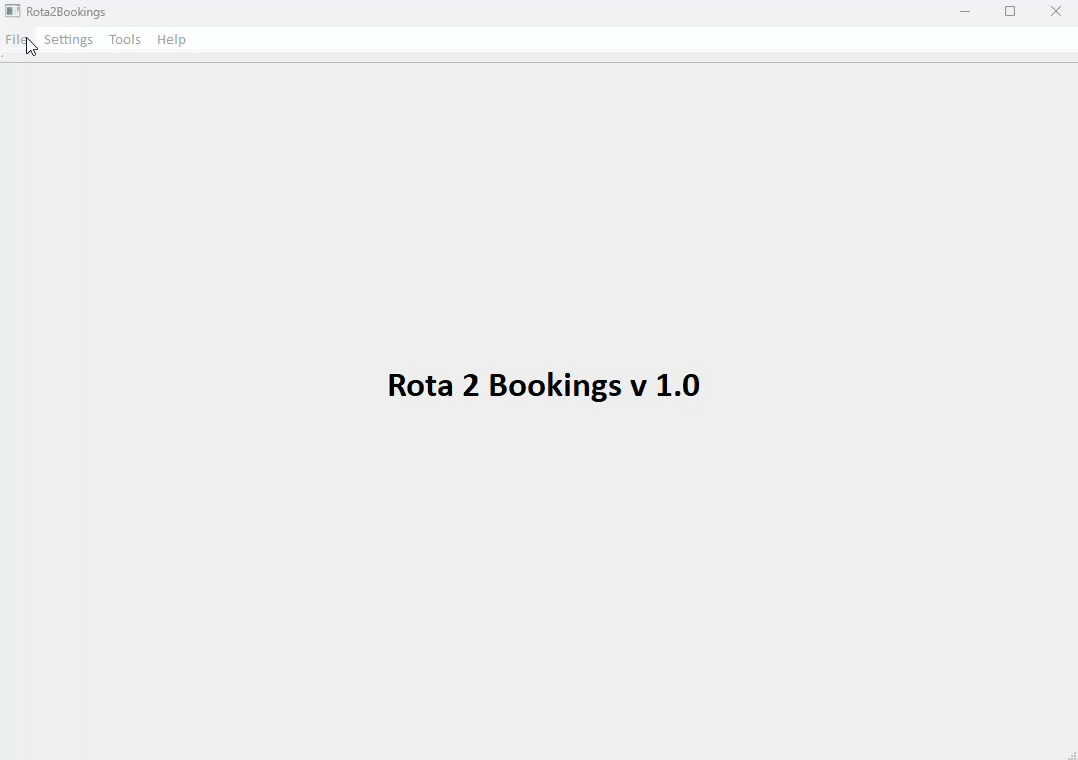
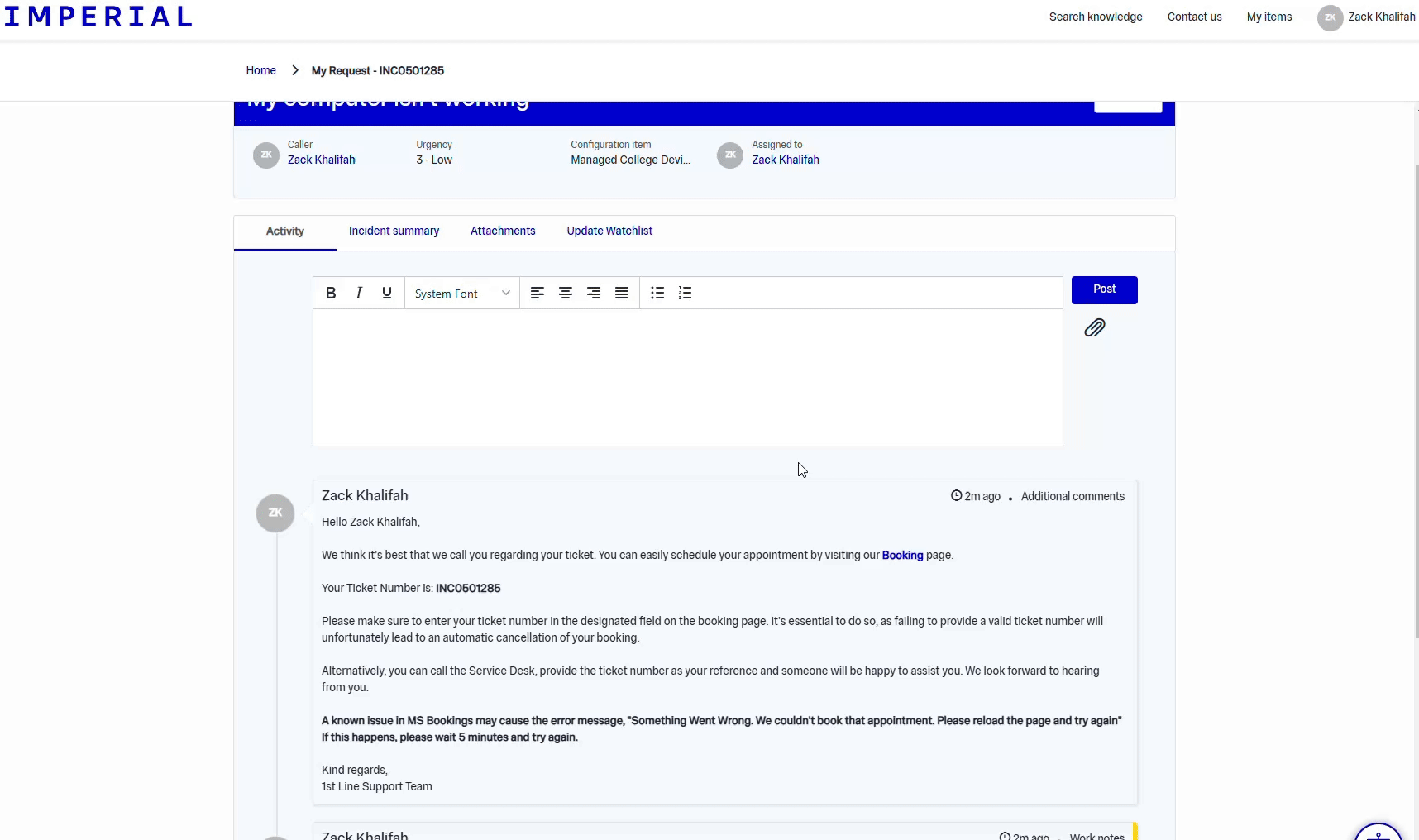

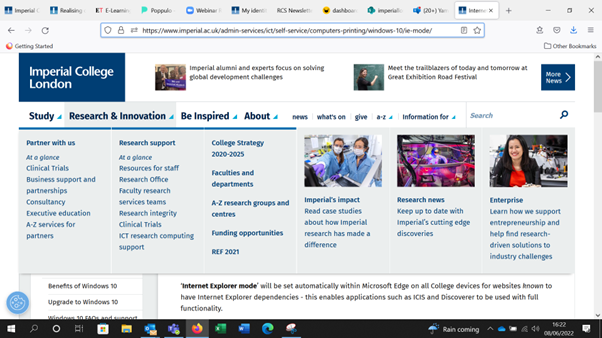
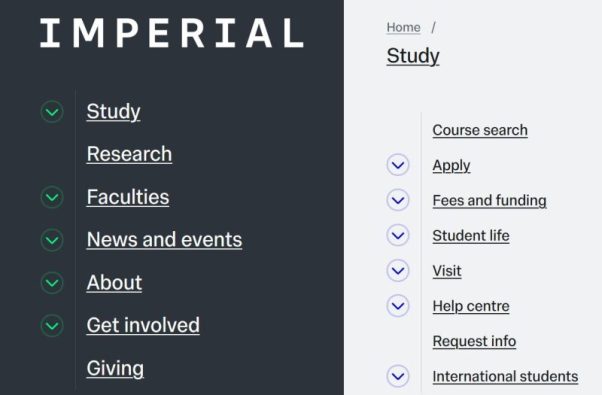

 I am driven to expand my role in mentoring and empowering young women within the tech industry. My experience as an alumni interviewer for Harvard has granted me a unique perspective, now finding myself on the opposite side of the table where I once sat. Moreover, being
I am driven to expand my role in mentoring and empowering young women within the tech industry. My experience as an alumni interviewer for Harvard has granted me a unique perspective, now finding myself on the opposite side of the table where I once sat. Moreover, being  Creating a work-life balance is crucial for my well-being, and I prioritise it by taking life outside work as seriously as in work. I plan my week and weekends in advance, ensuring I have events and activities to look forward to. One activity that fulfills and energises me is networking. Being new to London, I thoroughly enjoy meeting new people and exploring the vibrant restaurant scene in the city.
Creating a work-life balance is crucial for my well-being, and I prioritise it by taking life outside work as seriously as in work. I plan my week and weekends in advance, ensuring I have events and activities to look forward to. One activity that fulfills and energises me is networking. Being new to London, I thoroughly enjoy meeting new people and exploring the vibrant restaurant scene in the city.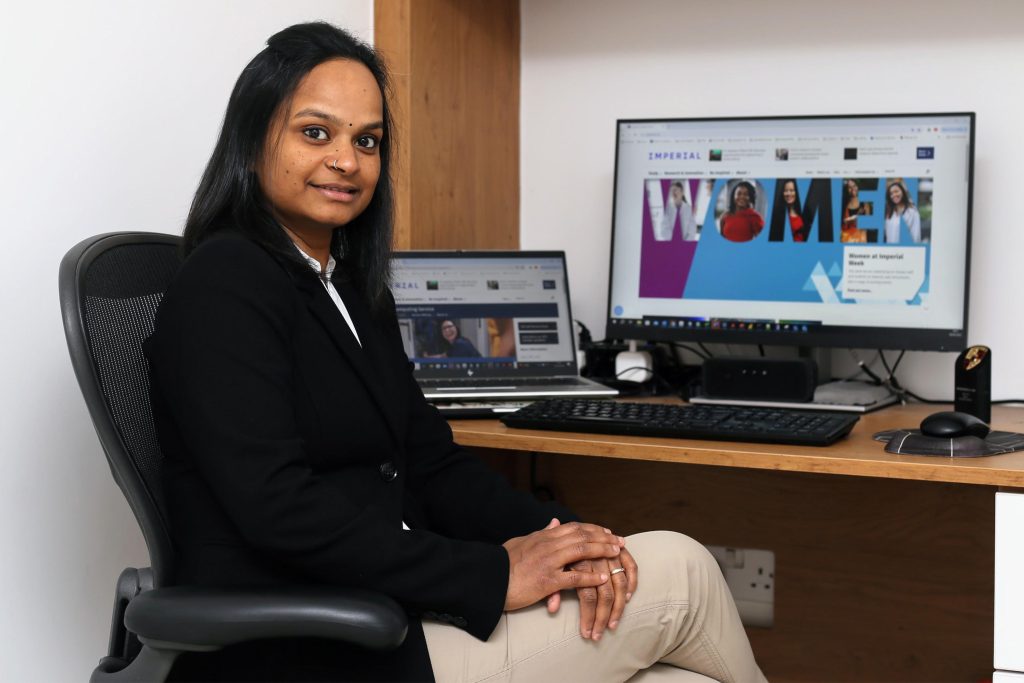
 If I have learnt valuable life lessons from the most experienced people in my life, I was reminded about the basics of life by my younger son, who once said to me at 3 years old, when he noticed I was getting anxious because of an issue – “Mummy, take a deep breath and relax, you will be fine!”
If I have learnt valuable life lessons from the most experienced people in my life, I was reminded about the basics of life by my younger son, who once said to me at 3 years old, when he noticed I was getting anxious because of an issue – “Mummy, take a deep breath and relax, you will be fine!”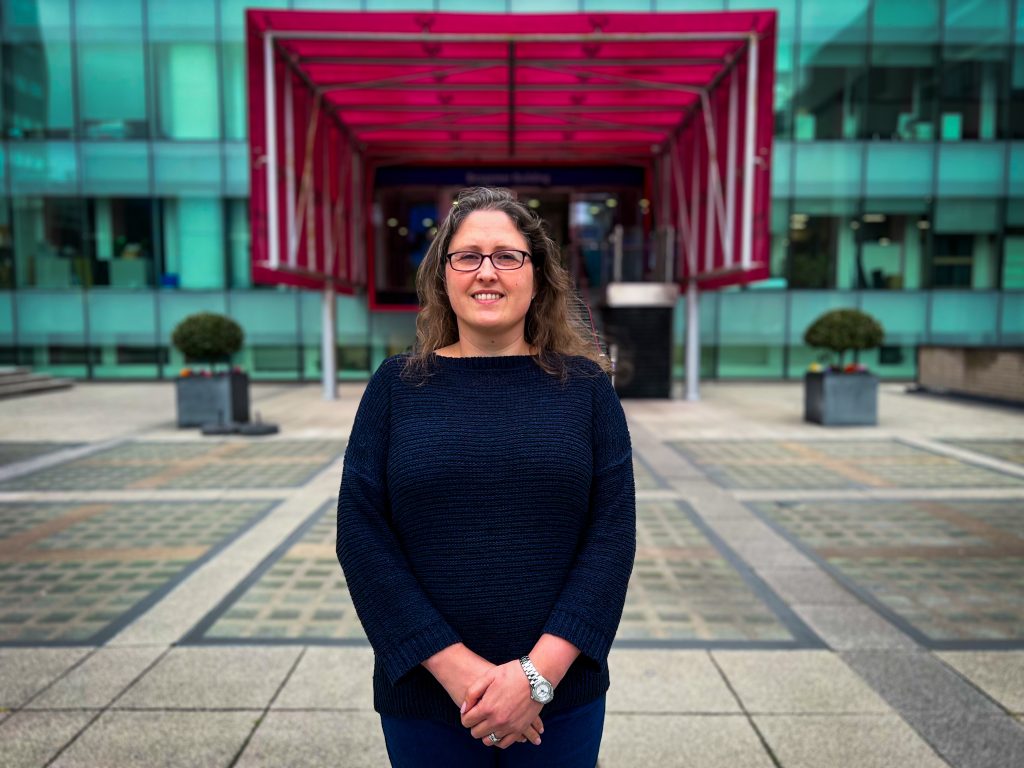
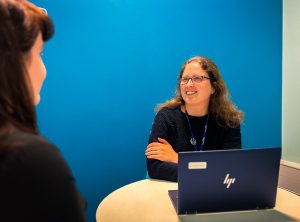 I came from a customer services background, having worked in and managed centres in various industries. I was seconded to an ICT project and saw the work of a business analyst and realised I was fascinated by how business teams and ICT have to adapt to work together to achieve the right outcomes, and how hard that is to get right!
I came from a customer services background, having worked in and managed centres in various industries. I was seconded to an ICT project and saw the work of a business analyst and realised I was fascinated by how business teams and ICT have to adapt to work together to achieve the right outcomes, and how hard that is to get right! I’m interested in lots of things and as part of my midlife crisis I have recently taken a drawing class, tried stand-up comedy, joined a choir, and started doing fitness classes in quite a serious way. When I’m on campus if I’m not in the office you’ll probably find me poking around in the Abdus Salam Library – it’s an amazing perk to have one within such easy reach. So the same scattergun approach applies in both my personal life and career!
I’m interested in lots of things and as part of my midlife crisis I have recently taken a drawing class, tried stand-up comedy, joined a choir, and started doing fitness classes in quite a serious way. When I’m on campus if I’m not in the office you’ll probably find me poking around in the Abdus Salam Library – it’s an amazing perk to have one within such easy reach. So the same scattergun approach applies in both my personal life and career!
